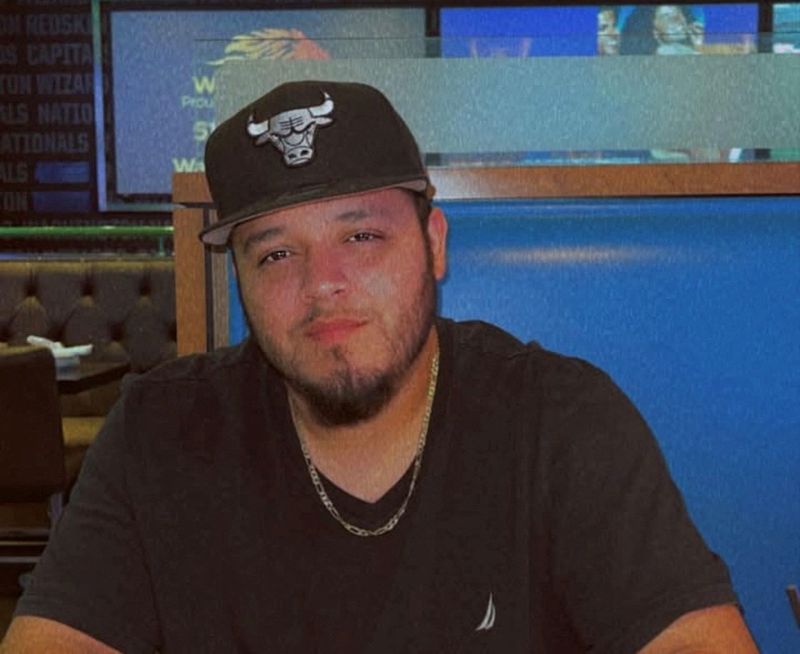By John Kruzel and Andrew Chung
WASHINGTON (Reuters) -The U.S. Supreme Court upheld on Thursday a judge’s order requiring President Donald Trump’s administration to facilitate the return to the United States of a Salvadoran man who the government has acknowledged was deported in error to El Salvador.
The Justice Department had asked the court to throw out an April 4 order by U.S. District Judge Paula Xinis requiring the administration to “facilitate and effectuate” the return of Kilmar Abrego Garcia. The judge had issued the order in response to a lawsuit filed by Abrego Garcia and his family challenging the legality of his deportation.
The court, in an unsigned decision, said that the judge’s order “properly requires the government to ‘facilitate’ Abrego Garcia’s release from custody in El Salvador and to ensure that his case is handled as it would have been had he not been improperly sent to El Salvador.”
However, the court said that the additional requirement to “effectuate” his return was unclear and may exceed the judge’s authority. The justices directed Xinis to clarify the directive “with due regard for the deference owed to the executive branch in the conduct of foreign affairs.”
The administration, meanwhile, “should be prepared to share what it can concerning the steps it has taken and the prospect of further steps,” the court directed.
Abrego Garcia, a Salvadoran migrant who was living in Maryland and has had a work permit since 2019, was stopped and detained by U.S. Immigration and Customs Enforcement officers on March 12 and questioned about his alleged gang affiliation. He was deported on March 15 on one of three high-profile deportation flights to El Salvador that also included alleged Venezuelan gang members.
Justice Department lawyers in a Supreme Court brief had argued that the judge’s order, by requiring the Trump administration to “effectuate” Abrego Garcia’s return, had impermissibly encroached on presidential authority on foreign relations in violation of the U.S. Constitution’s separation of powers between its judicial and executive branches.
“The United States does not control the sovereign nation of El Salvador, nor can it compel El Salvador to follow a federal judge’s bidding,” Justice Department lawyers wrote.
The Supreme Court has a 6-3 conservative majority. Its three liberal justices on Thursday issued a statement agreeing with the court’s decision, but said they would have denied the administration’s request outright.
“To this day, the government has cited no basis in law for Abrego Garcia’s warrantless arrest, his removal to El Salvador, or his confinement in a Salvadoran prison. Nor could it,” liberal Justice Sonia Sotomayor wrote in the statement.
Sotomayor added that the administration had requested “an order from this court permitting it to leave Abrego Garcia, a husband and father without a criminal record, in a Salvadoran prison for no reason recognized by the law.”
Abrego Garcia is married to an American citizen with whom he is raising a U.S. citizen child in addition to his wife’s two children from a prior relationship. He had never been charged with or convicted of any crime, according to Abrego Garcia’s lawyers, who have denied the Justice Department’s allegation that he is a member of the criminal gang MS-13.
‘ADMINISTRATIVE ERROR’
The Justice Department in a Supreme Court filing on April 7 stated that while Abrego Garcia was deported to El Salvador through “administrative error,” his actual removal from the United States “was not error.” The error, department lawyers wrote, was in removing him specifically to El Salvador despite the deportation protection order.
Abrego Garcia received a 2019 judgment in the United States granting him protection from removal to El Salvador after an immigration judge determined he would face persecution from gangs in his home country if returned.
Justice Department lawyers said that Abrego Garcia, as an alleged member of MS-13, is no longer eligible for that protection after Trump’s administration designated MS-13 a foreign terrorist organization.
Xinis, in her ruling, found that the 2019 order prohibiting Abrego Garcia’s removal to El Salvador was still in place. She found that his removal ran afoul of federal immigration law and likely violated procedural protections guaranteed by the U.S. Constitution.
Abrego Garcia’s detention “appears wholly lawless,” Xinis stated in her written decision, adding that “there were no legal grounds whatsoever for his arrest, detention or removal.”
The Richmond, Virginia-based 4th U.S. Circuit Court of Appeals on April 7 rejected the administration’s request to freeze the judge’s order.
The Trump administration deported on March 15 more than 200 people to El Salvador, where they are being detained in the country’s massive anti-terrorism prison under a deal in which the United States is paying President Nayib Bukele’s government $6 million.
Attorneys for Abrego Garcia said in a Supreme Court filing that there is “no evidence in the record of this case supporting the government’s contention that it cannot bring him back.”
(Reporting by John Kruzel; Editing by Will Dunham)
El Salvador, Supreme Court, Kilmar Abrego Garcia, Abrego Garcia, Justice Department, President Donald Trump, administration, District Judge Paula Xinis, United States, Justice Sonia Sotomayor
#Supreme #Court #upholds #order #facilitate #return #deportee #Salvador #error
